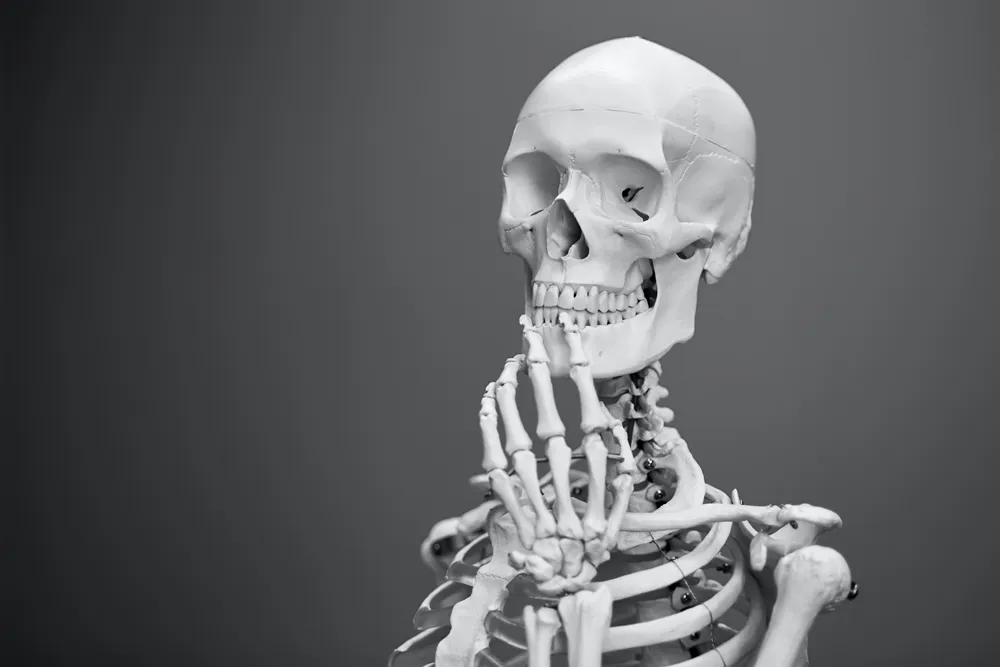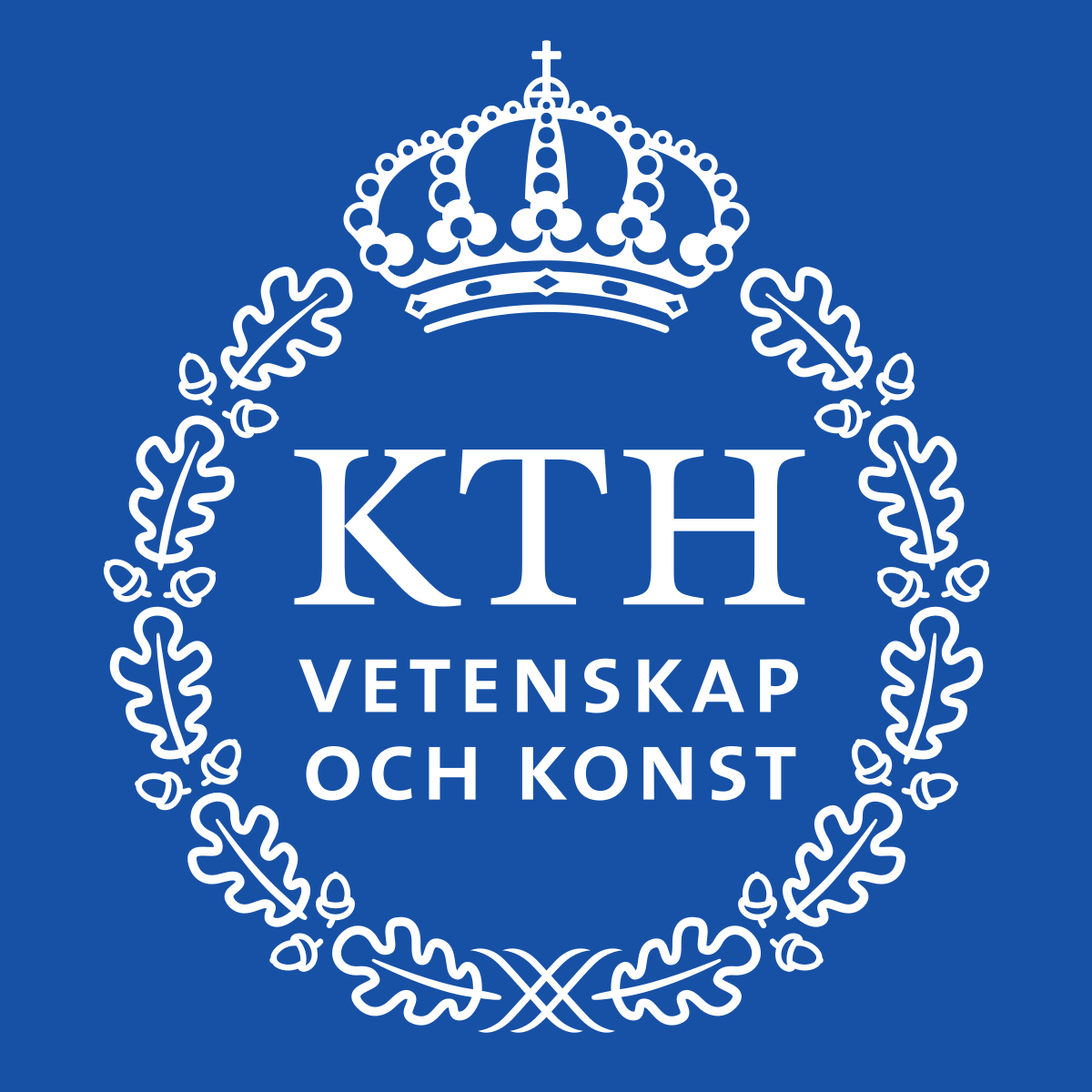
AdBIOPRO-P3B
AdBIOPRO Competence Center for Advanced BioProduction by Continuous Processing
The Competence Centre for Advanced BioProduction by Continuous Processing, AdBIOPRO, aims at developing competitive technology for bioproduction, focusing on the imminent paradigm shift towards continuous processes of biopharmaceuticals, and on manufacturing of emerging potent therapeutic products such as recombinant viral vector and cell products.
Driven by their complementary competence, academic expertise from five teams at KTH, covering mammalian cell bioprocessing (Docent Véronique Chotteau), cell omics characterization (Associate Prof. Johan Rockberg), gene therapy (Prof. Torbjörn Gräslund), downstream processing (Prof. Sophia Hober) and data driven modelling and control (Prof. Håkan Hjalmarsson and Prof. Elling W Jacobsen), are joining forces with partners from Karolinska University Hospital (Associate Prof. Pontus Blomberg) and Lund University (Prof. Bernt Nilsson) and seven industrial partners, Swedish Orphan Biovitrum, Cobra Biologics, BioInvent, GE Healthcare Life Sciences, Valneva, Lab-on-a-Bead, and CellProtect Nordic Pharmaceutical to create a sustainable environment for this purpose. AdBIOPRO is co-funded by VINNOVA and the industrial partners.
Continuous bioprocess
Biopharmaceuticals have become the best selling drugs in terms of revenues, e.g. with monoclonal antibody sales, compared to small molecules. Beyond the supremacy of monoclonal antibodies, the actual trends are going towards growing pipelines of biopharmaceuticals, more complex protein drugs but also cell-based emerging alternative therapeutic approaches such as gene and cell therapy. In the domain of biopharmaceutical manufacturing, the legacy is fed-batch process (i.e. batch process fed with time) followed by several batch purification steps, e.g. chromatography steps, supported by in house industrial technology platforms. However the field is rapidly evolving by incorporating novel technologies to meet the challenges brought by the new trends and a constant need of competitiveness.
In this perspective, continuous processes have recently received a very high interest. Integrated continuous bioprocesses consist of perfusion culture where medium is steadily added and harvest is removed to be processed in a purification process made of continuous consecutive steps.
Why continuous bioprocess for biologics production?
This recent interest is rapidly increasing and it is clear that nearly all the large Pharma/Biotech companies are now looking into this type of intensified process. The drivers behind this new trend are several: the main one is the highly reduced need of capital expenditure due to potential high productivity in smaller bioreactors, other factors are better/more robust cell separation devices, high need of flexibility combined with increased use of disposable equipment, possibility to fine tune or control the product quality, reduced cost of resins for purification and declaration from FDA and EMA that biologics production should switch towards continuous processes.
AdBIOPRO includes six projects:
Perfusion process – P1
The optimization of the perfusion process targets important factors to establish an industrial platform for perfusion-based production of biologics, focusing on intensification by enhanced cell density.
Based on our extensive knowledge of very high cell density achieved in stirred tank bioreactor and in wave bioreactor up to more than 200 millions cells/mL, here we aim at developing tools for the development and optimization of these processes.
Project leaders: Veronique Chotteau (CETEG, KTH) and Johan Rockberg (Protein Science, KTH)
Active from CETEG: Hubert Schwarz (PhD student) and Sigrid Lundin (industrial PhD student Sobi)
Collaboration: KTH, Swedish Orphan Biovitrum, GE Healthcare Life Sciences, BioInvent
Model based optimization and control for culture media and processes – P2
We develop tools for mechanistic macroscopic metabolic models supported by omics characterization to design efficient perfusion media and processes by simulation, prediction, optimization, enabling feedback control.
Project leaders: Håkan Hjalmarsson (EECS, KTH) and Elling Jacobsen (EECS, KTH)
Active from CETEG: Hubert Schwarz (PhD student) and Sigrid Lundin (industrial PhD student Sobi)
Collaboration: KTH, Swedish Orphan Biovitrum, GE Healthcare Life Sciences, BioInvent
Continuous downstream process and integrated continuous USP-DSP biomanufacturing bycontinuous chromatography process and matrix design - P3A
Continuous purification and integration with cultivation process.
Project leaders: Bernt Nilsson (Lund Univ.) and Sophia Hober (Protein Science, KTH)
Collaboration: Lund Univ., KTH, Swedish Orphan Biovitrum, GE Healthcare Life Sciences, BioInvent
Continuous downstream process and integrated continuous USP-DSP biomanufacturing usingmagnetic bead-based technology - P3B
Continuous purification and integration with cultivation process.
Project leader: Veronique Chotteau
Active from CETEG: Nils Brechmann (PhD student)
Collaboration: KTH, Lab-on-a-Bead, Lund Univ.
Continuous manufacturing of recombinant viral vector – P4
The focus is on developing efficient production process of viral vector based on perfusion technology.
Project leaders: Torbjörn Gräslund (Protein Science, KTH)
Active from CETEG: Brian Ladd (MSc) Atefeh Shokri (Researcher)
Collaboration: KTH, Cobra Biologics, Valneva, GE Healthcare Life Sciences
Continuous manufacturing of cell product – P5
The focus is on developing efficient production process of cell therapy based on perfusion technology.
Project leaders: Pontus Blomberg (KI/KS)
Active from CETEG: Veronique Chotteau, Atefeh Shokri (Researcher)
Collaboration: KI/KS, CellProtect Nordic Pharmaceutical, KTH

